DOES MY STARTUP NEED A LAWYER?
DOES MY STARTUP NEED A LAWYER?
Other than an idea, one of the first issues founders face is whether to retain legal counsel. There are a few instances where a startup definitely needs a lawyer. Mergers and acquisitions, long-term contractual issues, significant funding requirements, and certain compliance issues come to mind. However, as a general rule, startups need lawyers less frequently than they think.
Unquestionably, startups need legal support. From formation to raising capital, executive compensation and employment contracts, intellectual property, regulation, and exits, there is a myriad of legal issues for founders to tackle. Regardless, a startup may not have to turn to lawyers to resolve each of these issues. This is because startups bootstrapping their businesses simply have other priorities. So, discretion needs to be used in determining when lawyers are necessary.
Founders learn pretty quickly that if they do not do the work, the work is not likely to get done. So, the most obvious solution to this problem is self-help. For certain industries, there is no doubt that standard forms predominate. If your startup is in one of these industries, you’re less likely to need a lawyer. The following websites provide some of the better legal forms on the internet for startups:
Despite their ease of use for practitioners, forms can often be problematic for inexperienced founders. At the end of the day, startups need lawyers when they provide the best, value-add related to a specific problem. A list of issues for your emerging company to consider follows:
Entity Formation
There are two issues to separate when it comes to entity formation: (1) determining which business entity is most appropriate; and (2) the actual state incorporation filings. As an independent task, the filings can often be completed cheaper by someone other than a lawyer. However, if you have goals for your business that include outside investors, growth, or limiting personal liability, consulting a lawyer is something to seriously consider.
The more complex your initial business plan, the more likely this issue will impact other aspects of your business planning. Bottom line: a lawyer can be overkill, except in specific circumstances.
Employment Law
Issues related to employment law have been in the news recently as it relates to the gig economy. Think Uber, Lyft, etc. Depending on your startup’s goals, employment issues can be unique and novel. On the other hand, these issues can often be resolved with common sense. So, this will likely come down to a value judgment. Increasingly, the popularity of this issue creates a value-add proposition for lawyers. One reason is that employment agreements are contractual in nature, so they are difficult to change and can have a outsized impact on the trajectory of your company’s future growth.
Founders
The movie ‘The Social Network’ about Facebook sheds light on the behavior of founders. It seems more common these days to be told stories of partnerships gone wrong. It is certainly not always necessary to draft a document that outlines the founders’ responsibilities. However, not having written expectations can create issues as your startup matures.
If one of the founders has the majority of the shares or voting control, the other founders might benefit from legal advice. If the founders hold shares equally, then this issue may all come down to trust. Either way, it is certain that time will inevitably change people’s expectations. Therefore, it often helps to formalize the founders’ expectations at the outset.
Intellectual Property
This issue is likely one of the most important issues related to startups. If your product is not unique, your company will compete in the marketplace based on a limited set of considerations (price, scale,etc.). If your startup has a unique idea, your company will likely have to deal with Intellectual Property. Whether a startup needs to engage a lawyer depends on two key questions: (1) Is IP at the core of the business; and (2) Is that IP unique to the business? If the answer is yes to both, your startup needs a lawyer. If the answer is yes to one, then think very seriously about engaging a lawyer. Otherwise, it is likely unnecessary.
Funding
There is little doubt startups need lawyers for issues related to funding. Investors have a simple agenda: How are we going to make as much money as possible? Investment documents are often technical and founders are stuck with them. In this instance, it is valuable to have a lawyer who can provide clarity about arcane or technical language. If a Term Sheet provides for a 2x liquidation preference, with uncapped participation, would you know what this really means? Would you know this deal point can likely be negotiated down? Your lawyer certainly should.

